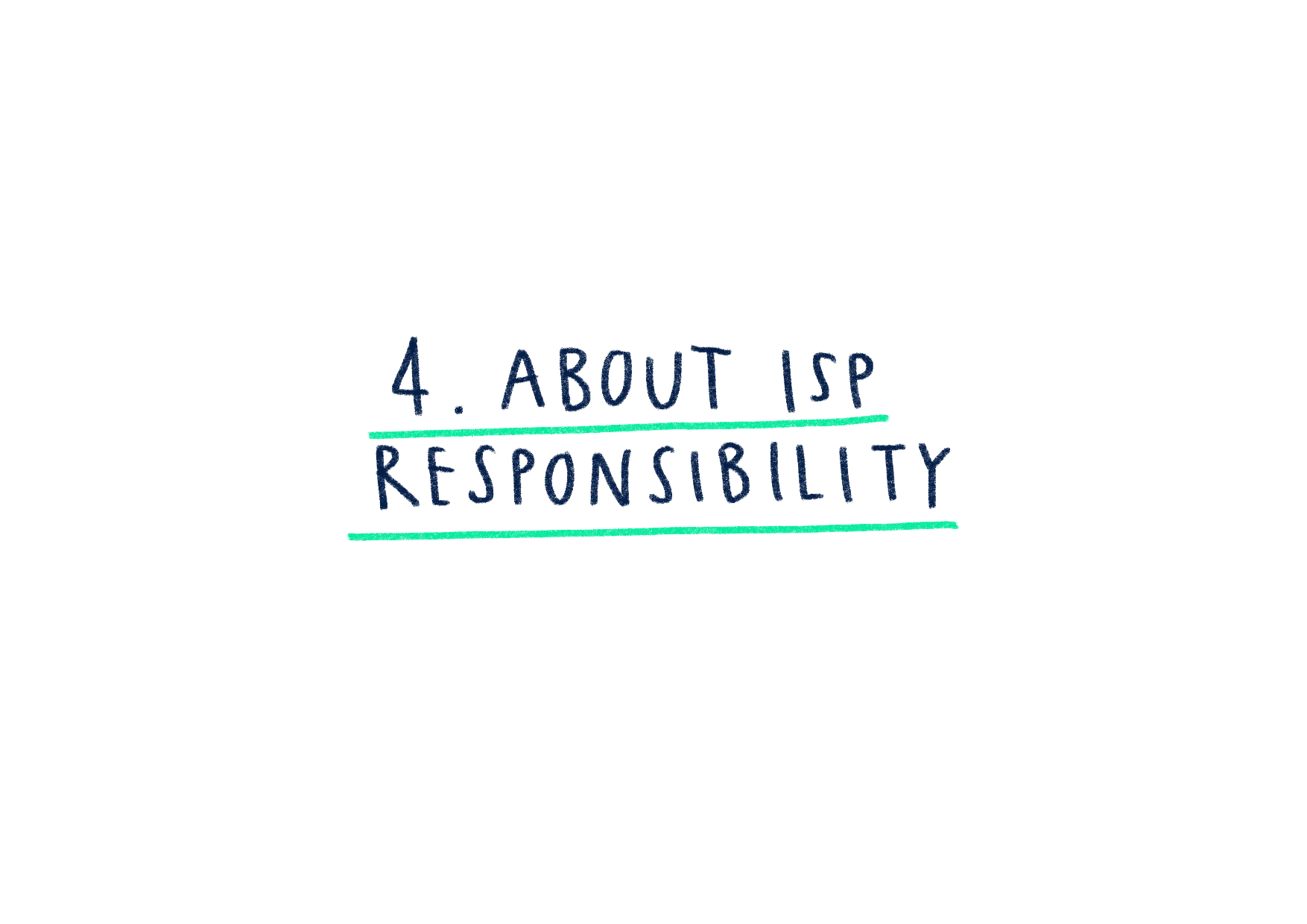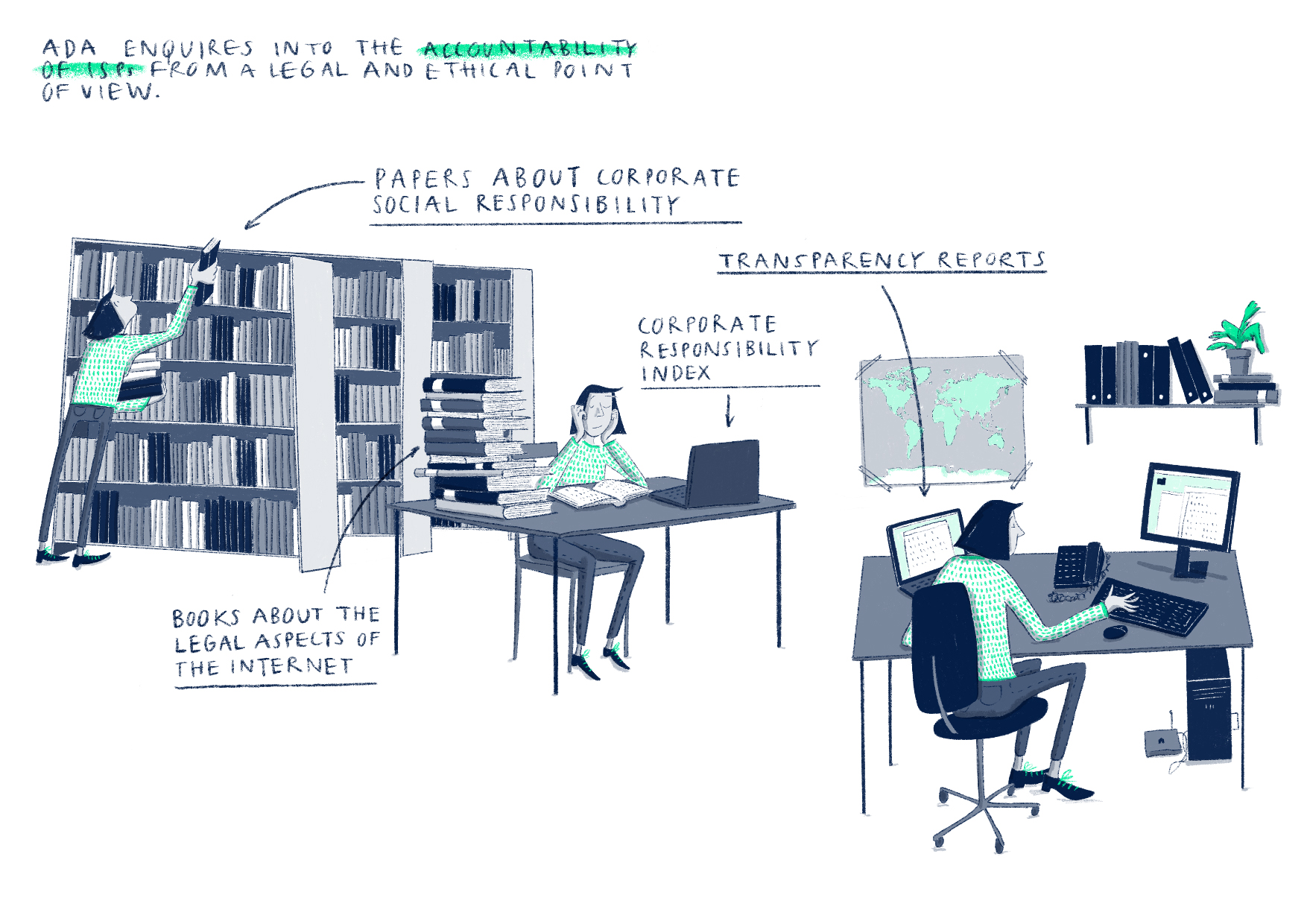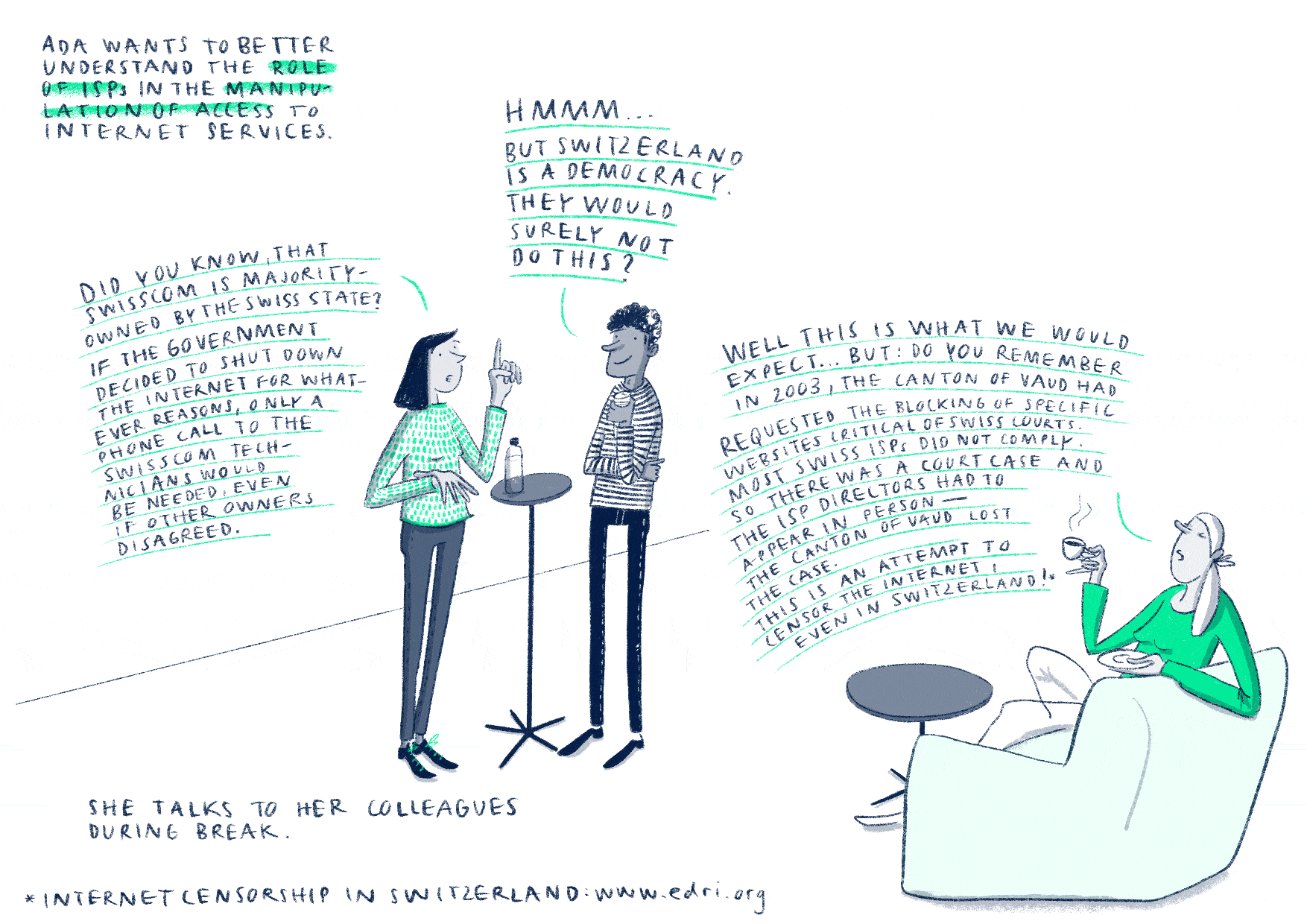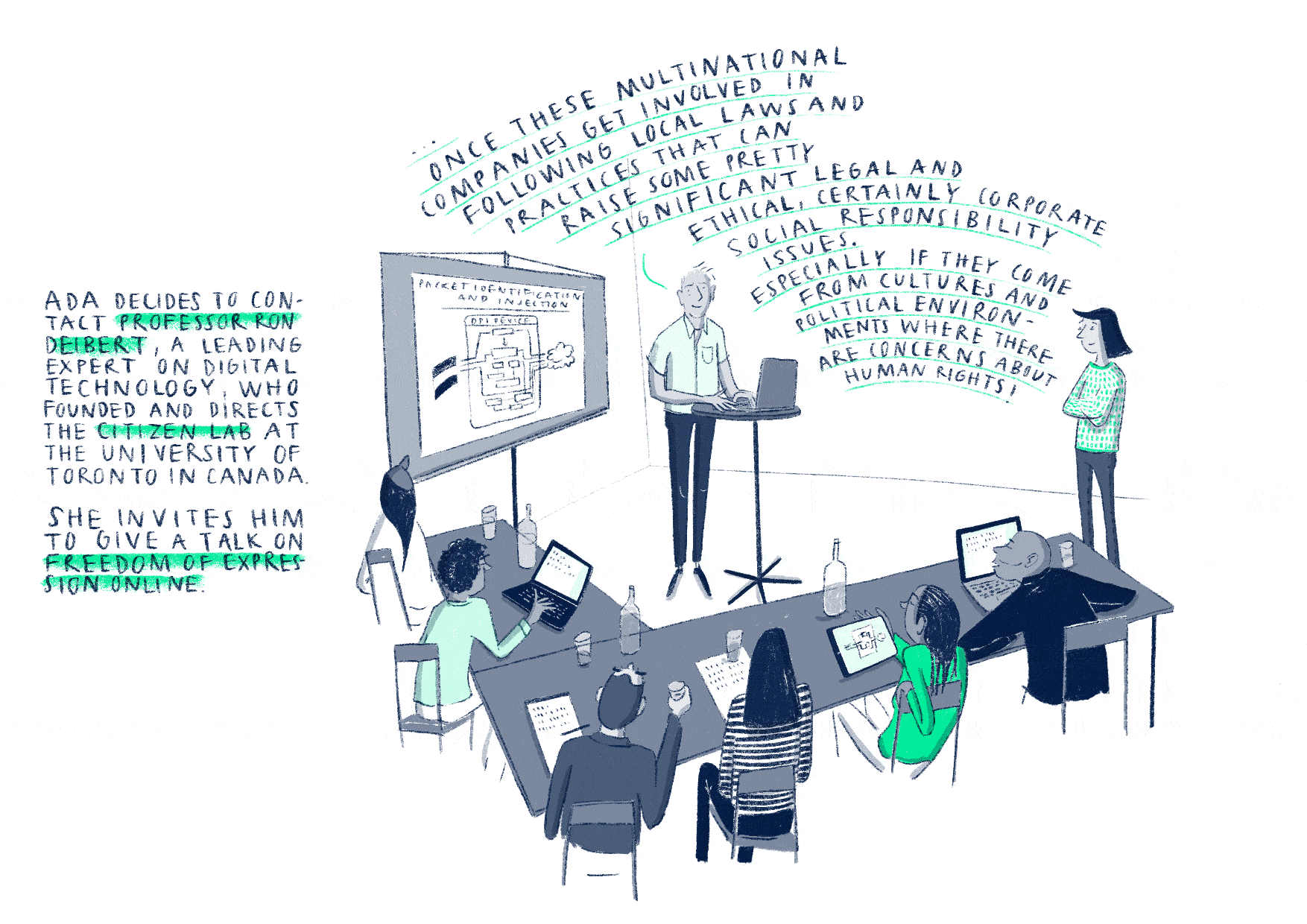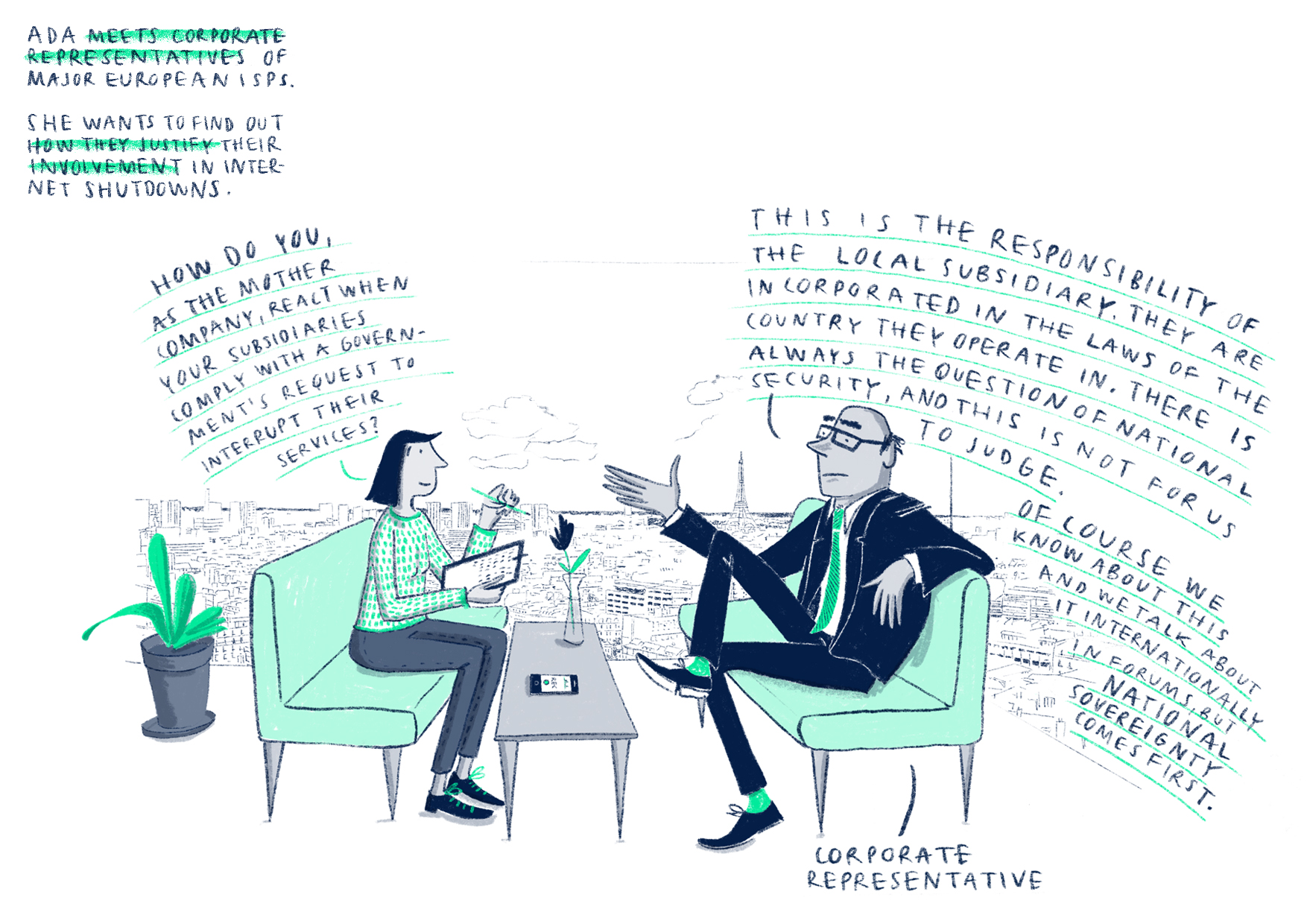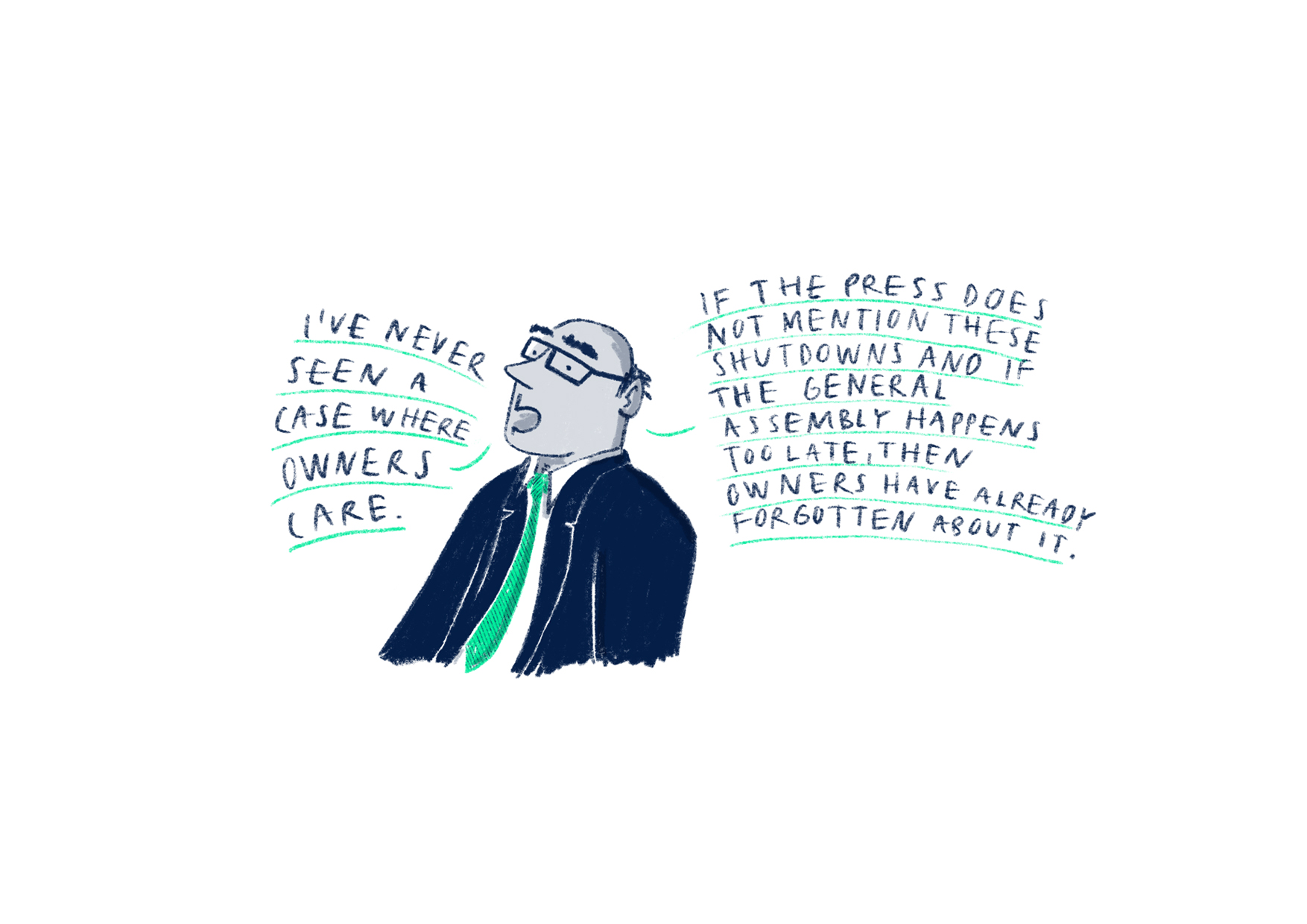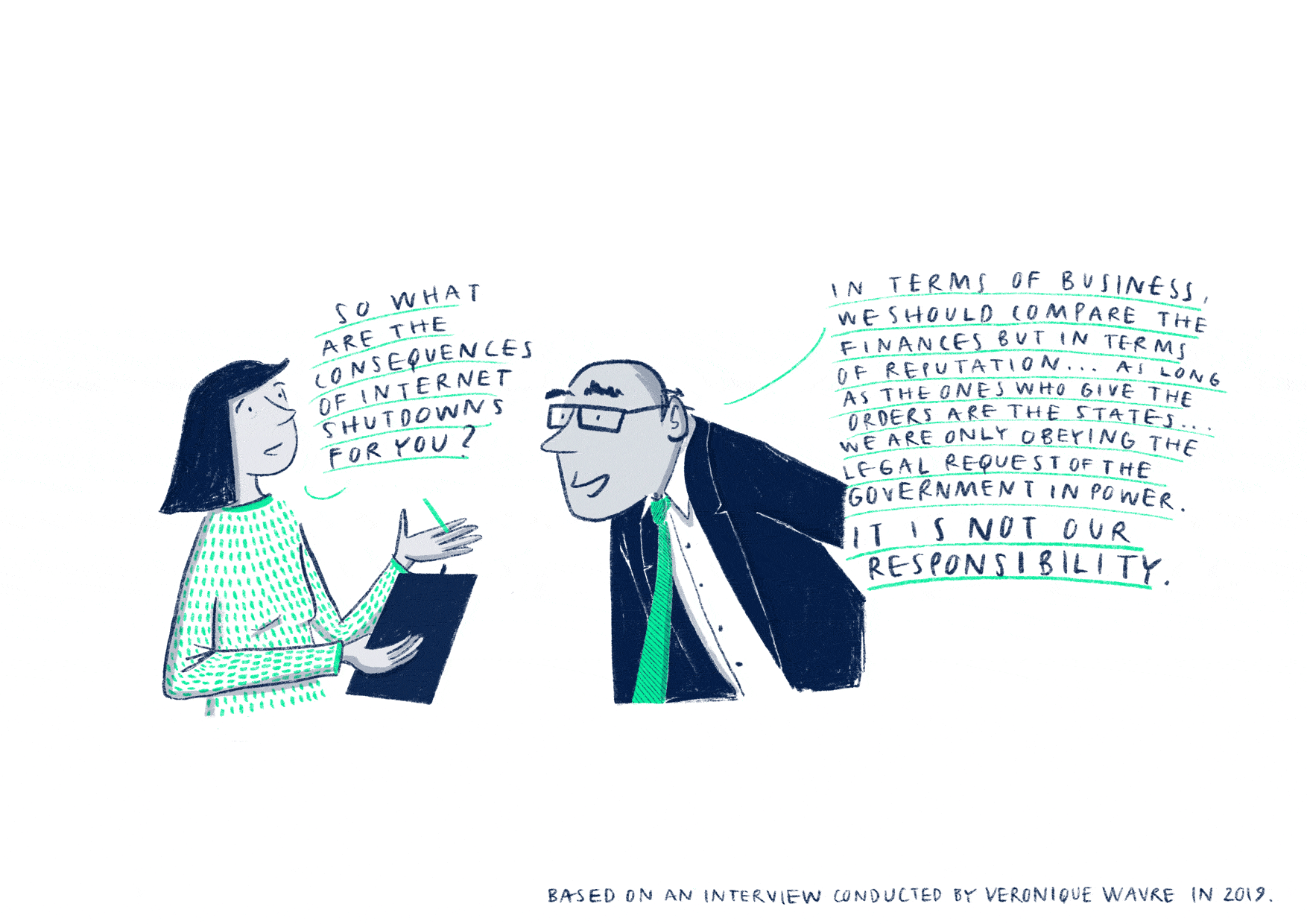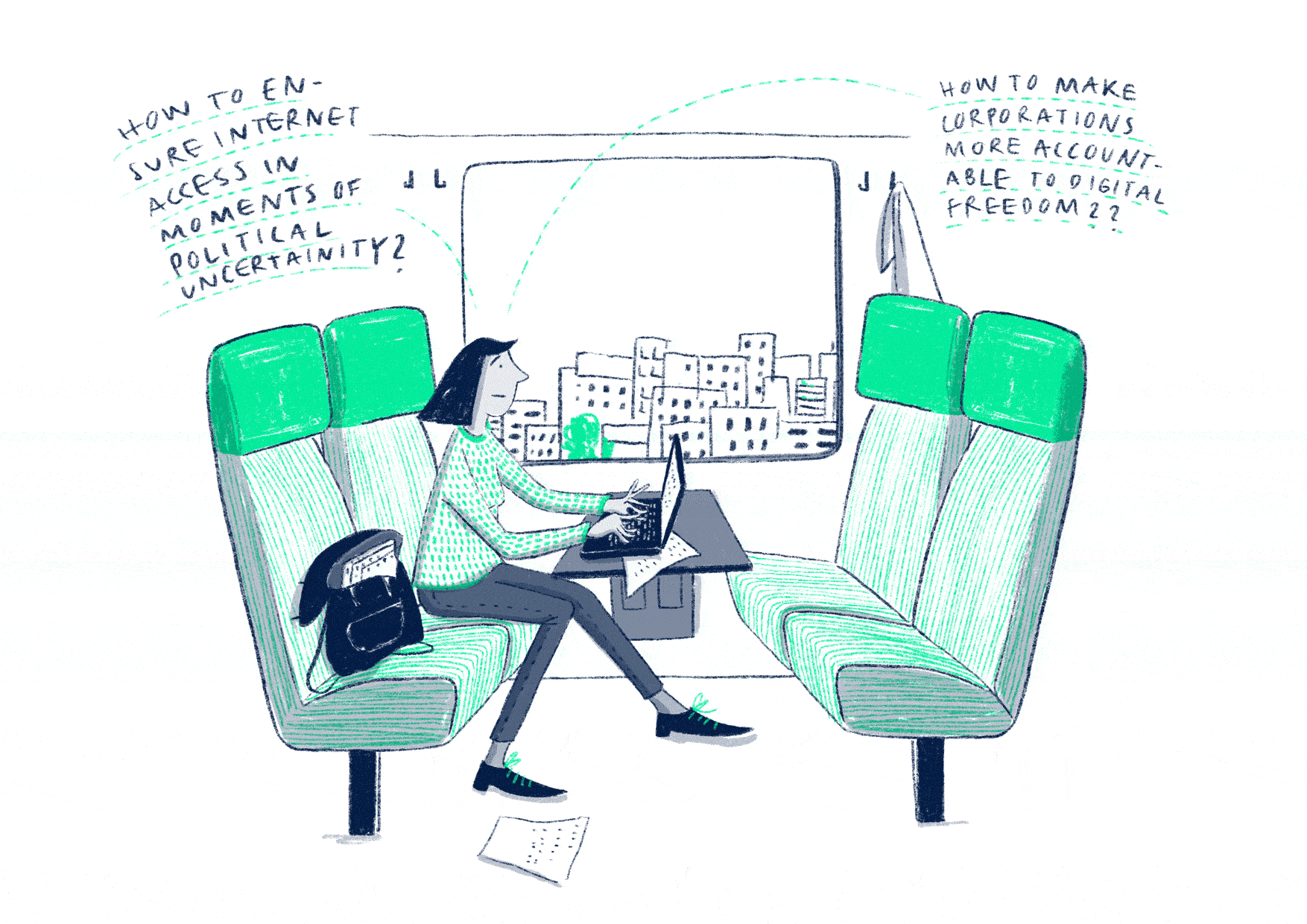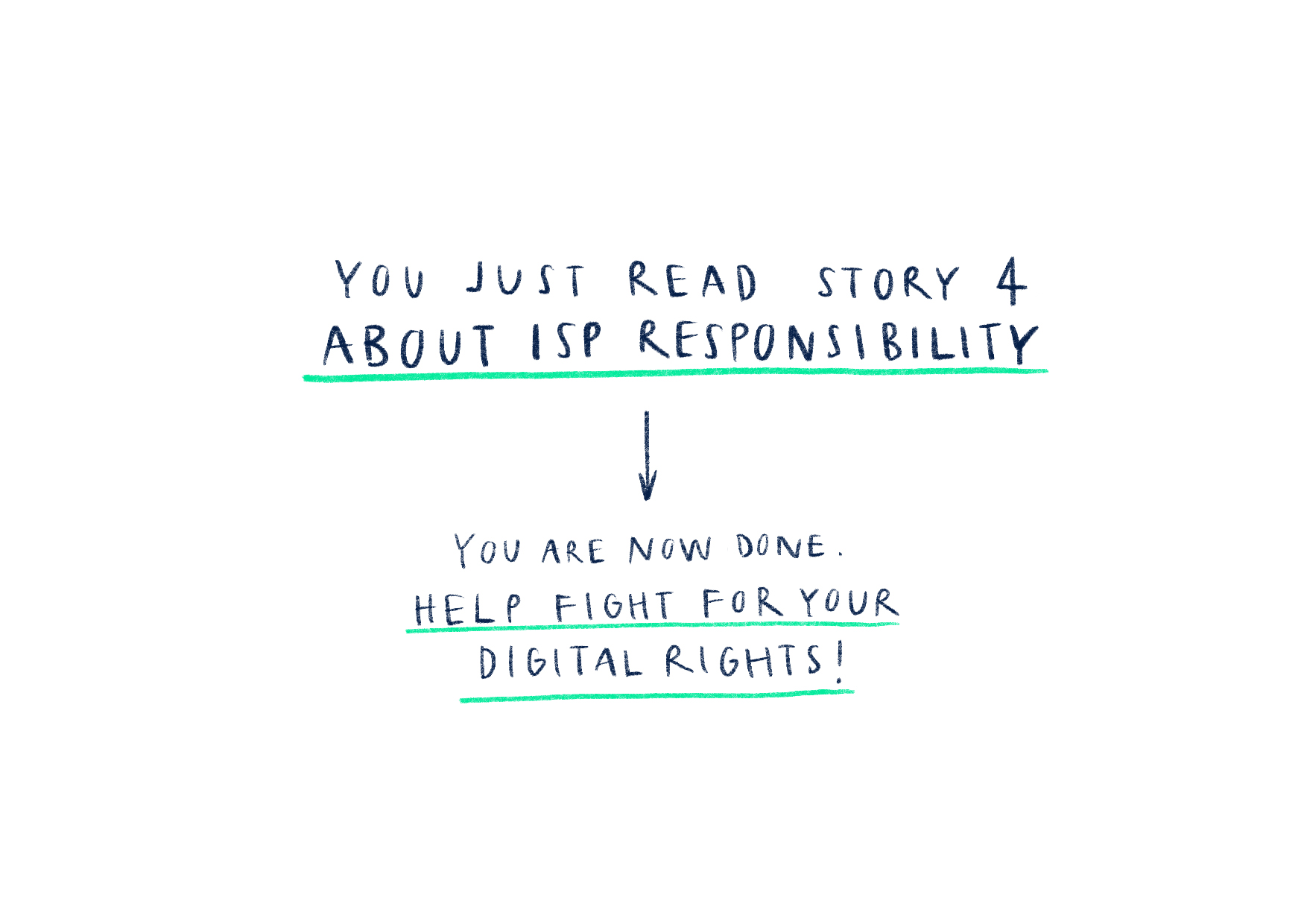GUIDING QUESTIONS
Why do ISPs comply with government requests to
shut down the internet?
What
role do the ISPs’ shareholders play in such decisions?
Can
ISPs be held accountable for their actions?
LEARNING OBJECTIVES
This story
problematizes the responsibility of internet service providers (ISPs) in
politically motivated disruptions of access to (specific) internet services.
ISPs, when faced
with a government request to block internet access, can be confronted with conflicting
local and international laws.
National
license agreements can contain clauses that require
ISPs to temporarily shut down their services on government request during
periods of national emergencies. If a company’s majority shareholders are
headquartered in established democracies, they may be held accountable for
their actions abroad. Under the EU Regulation No. 1215/2012 of 12 December
2012, for instance, victims of human rights violations can make a tort claim
against companies domiciled in the European Union.
In response to
increasing pressure from civil society, many firms actively promote higher social
corporate responsibility standards. In the telecom sector, a group of
multinational internet companies, including Orange and Vodafone, founded the Global
Network Initiative (https://globalnetworkinitiative.org/) that develops
guidelines to respect freedom of expression and privacy.
In 2020 the
Economic Community of West African States (ECOWAS) Community Court of Justice
ruled that the September 2017 internet shutdown ordered by the Togolese
government during protests is unlawful and a violation of the right to freedom
of expression as protected by international law. Despite the illegality of many
internet shutdowns, to date, no ISP has faced any legal consequences.
Authors
Véronique Wavre
Lisa Garbe @LaserGabi
Tina Freyburg @TFreyburg
www.ipw.unisg.ch
University of St.Gallen IPW-SEPS
Müller-Friedbergstrasse 8
CH - 9000 St.Gallen
Illustration
Pia Valaer
pia@valaer.ch
www.piavalaer.ch
Flüelastrasse 16
CH - 8048 Zürich
To request additional educational material (e.g. posters, postcards, printed version), please contact Tina Freyburg: tina.freyburg@unisg.ch

.
